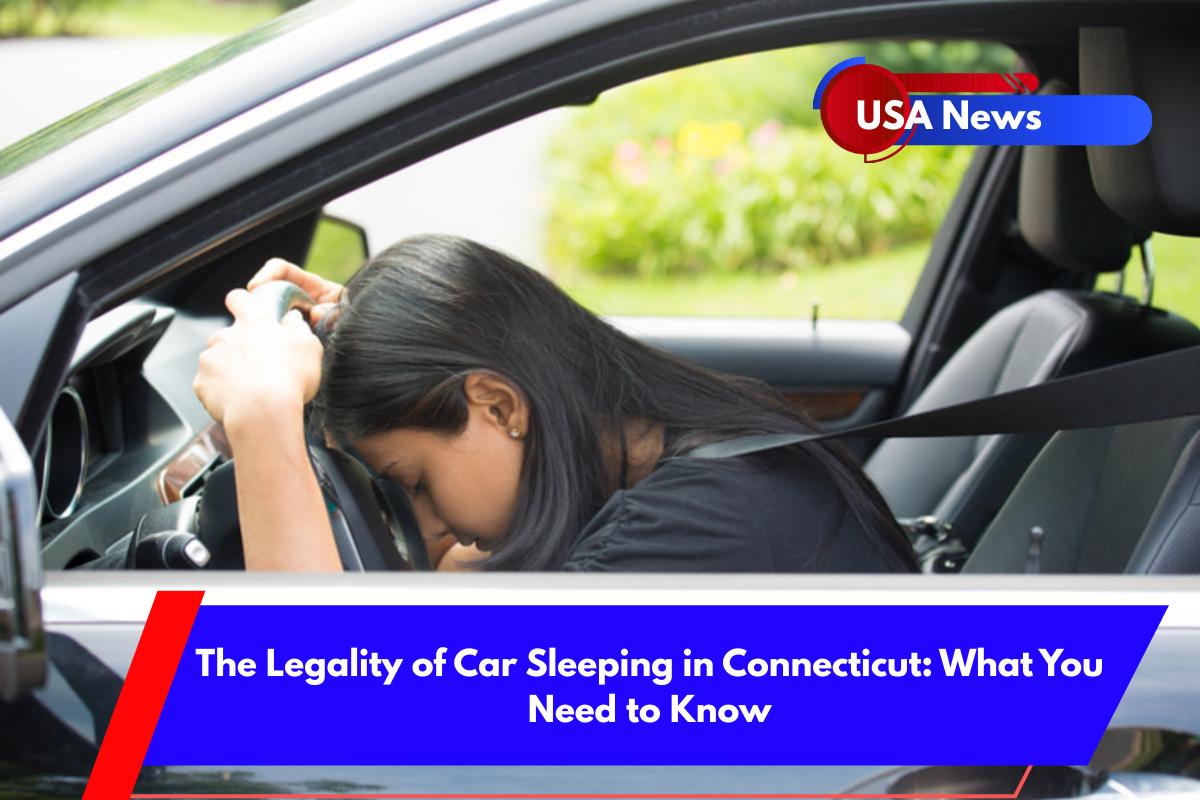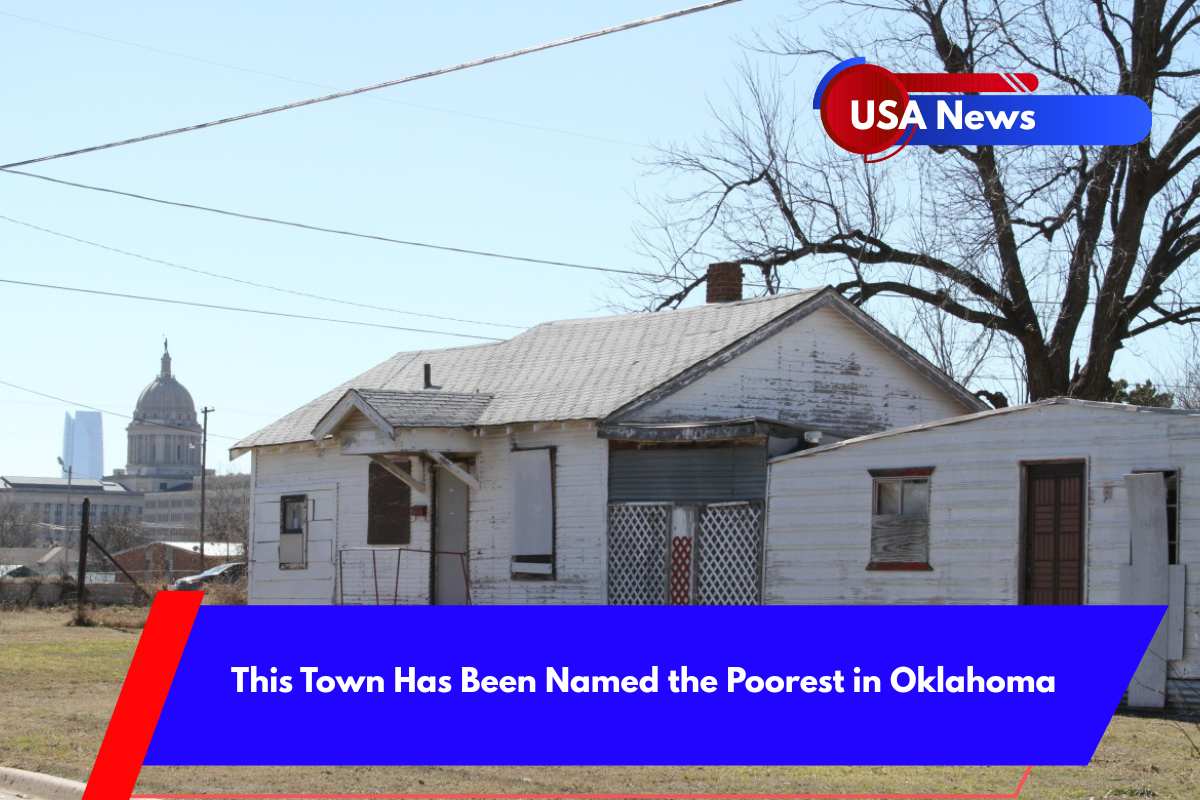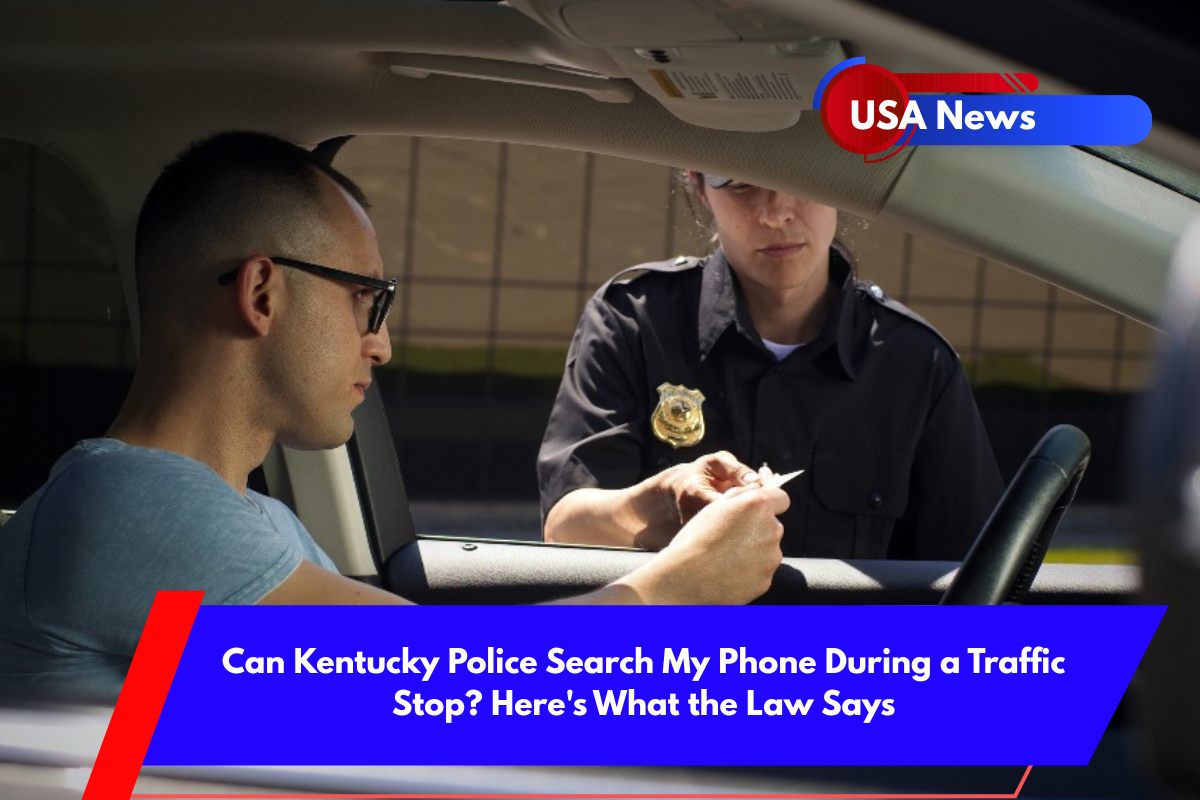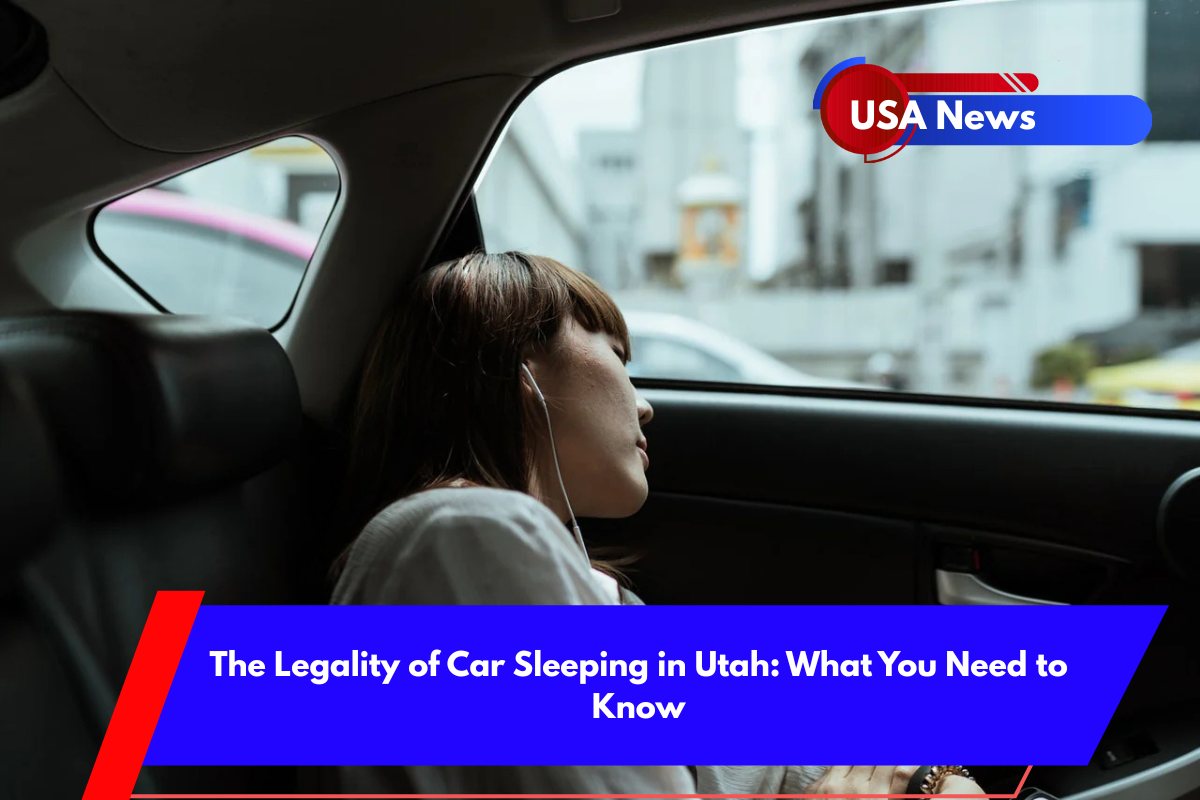Sleeping in your car is generally allowed in Connecticut, but there are important considerations to keep in mind. While state law doesn’t explicitly prohibit it, the legality of car sleeping largely depends on where you park and the local rules governing that area. Whether you’re on a road trip or just taking a quick nap, your car sleeping experience will be influenced by where you park.
Where Is Sleeping in Your Car Allowed in Connecticut?
Highway Rest Areas
Rest areas along highways are specifically designated for drivers to rest and take breaks, and they allow overnight parking. There is no time limit for staying at these rest areas, but police may conduct wellness checks to ensure the safety of those parked for long periods.
Service Plazas
Like rest areas, service plazas along highways permit overnight stays. These are generally safe places to park and rest, with no specific time restrictions. However, they are also patrolled by law enforcement.
Truck Stops
Truck stops are commonly used by long-distance truck drivers, and they also allow car sleepers. These stops are designed to accommodate travelers and offer a good option for those needing to sleep in their car overnight.
Retail Parking Lots
Parking in retail parking lots, like those of big-box stores, can be a mixed experience. Many Walmarts, for example, allow overnight parking, but some stores may have specific rules against it. It’s always a good idea to ask store management or check for any posted signs that prohibit overnight parking or car sleeping.
Residential Streets
Sleeping in your car on residential streets may be subject to local ordinances. Many cities or towns in Connecticut prohibit overnight street parking, and as a result, sleeping in your car could lead to a fine or other consequences. Always check posted signs or local regulations before deciding to sleep in your car.
Private Property
If you plan to park and sleep on private property, such as in a parking lot or on someone’s land, you must have permission from the property owner. Without permission, you could be asked to leave or even cited for trespassing.
Key Considerations & Safety
Rest Stops
Connecticut’s state-operated rest areas are specifically designed for drivers who are too tired to continue driving. These areas are a safe place to park and sleep, and officials encourage drivers to sleep in their vehicles rather than outside, particularly if you’re feeling drowsy.
Police Interaction
While sleeping in your car in public places or rest areas is typically legal, law enforcement officers may conduct wellness checks if they notice a vehicle parked for extended periods or if the occupant appears in distress. In these cases, the police may simply check on your well-being.
Alcohol Laws
Sleeping in your car while under the influence of alcohol can be risky. Connecticut has broad DUI laws, and even if you are sleeping in your car and the engine is off, you could still be charged with DUI if you’re in “actual physical control” of the vehicle. This risk is higher if the keys are within reach or if you’re sitting in the driver’s seat.
Special Cases: Children and Overnight Hours
Unattended Minors
It is illegal to leave a child under the age of 12 unattended in a vehicle in Connecticut, especially between the hours of 8:00 p.m. and 6:00 a.m. This law is intended to prevent the risk of harm to children, including those left alone in a parked car.
City Ordinances
While Connecticut state law doesn’t prohibit car sleeping, some towns and cities may have local ordinances that ban sleeping in cars entirely or during certain times or in specific zones. These local regulations can vary, so it’s important to check for posted signs or consult local codes before sleeping in your car in certain areas.
Sources:
1. https://i95rock.com/is-it-legal-to-sleep-in-your-car-in-connecticut/
2. https://www.thezebra.com/resources/car-insurance/is-it-illegal-to-sleep-in-your-car/
3. https://www.boondockersbible.com/learn/connecticut-rest-area-rules/













